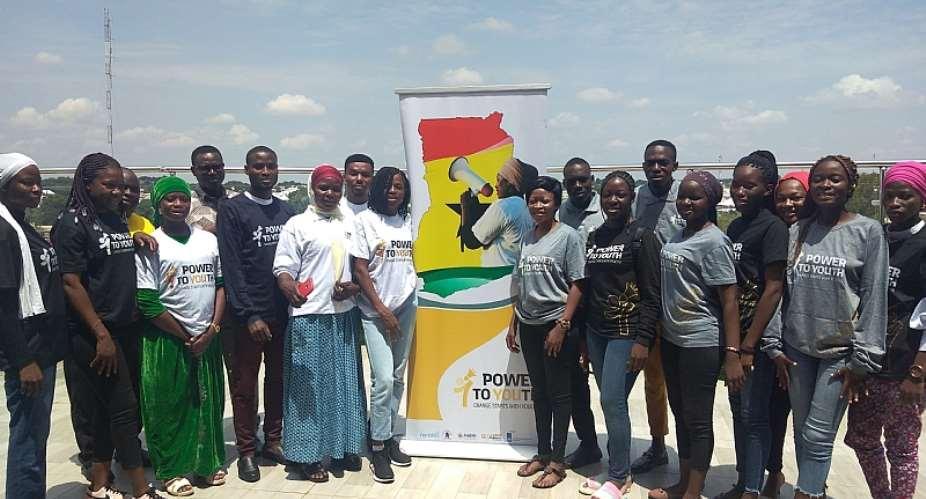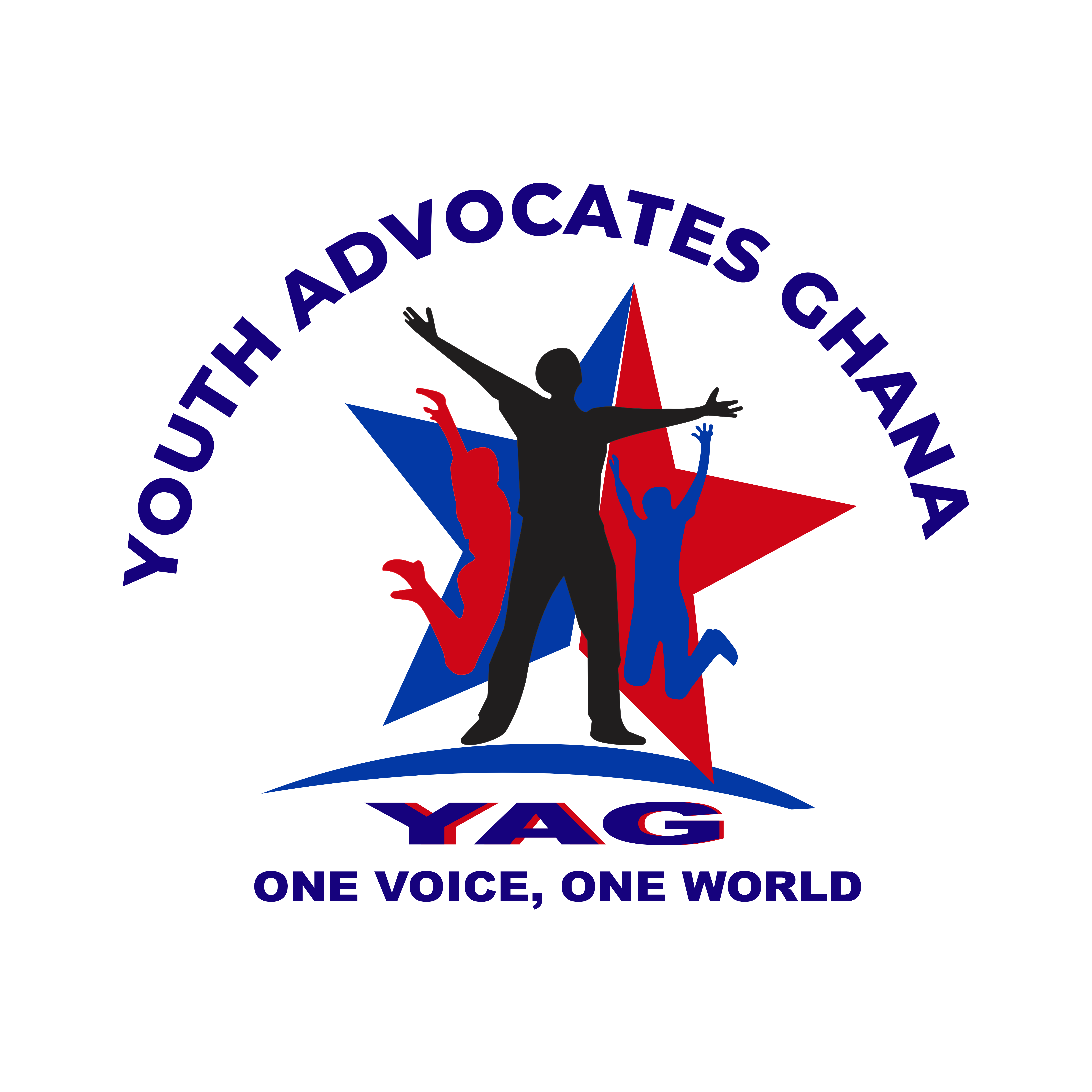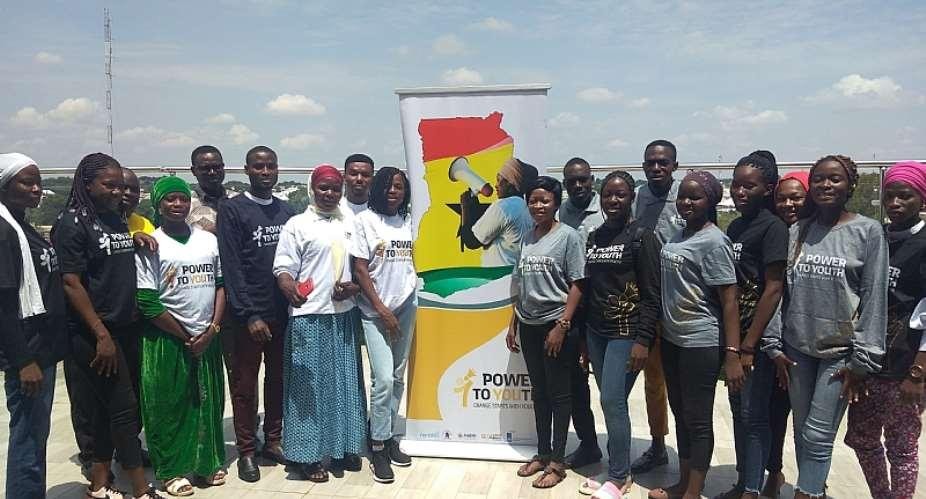
A total of fifteen (15) young people have received a three-day capacity building training on Sexual Reproductive Health (SRH) to serve as promoters and advocates of the SRH issues in their communities.
The workshop was organized by the Youth Advocacy Ghana (YAG) a youth focused Nongovernmental organization, under the Power to You(th) project.
The beneficiaries were selected from youth groups and networks in the Northern, Savannah, North East and Upper East regions who are already in the SRH area but lacked the requisite skills and knowledge to serve as better advocates.
A baseline study by Karlsruhe Institute of Technology (KIT), the PtY technical partner for research, revealed that there was limited experience of youth in decision making hence the need to strengthen such skills, especially for young women and girls.
The research also revealed that about 50 per cent of the youth are not involved in influencing policy making and implementation because state actors expressed concerns about their intellectual capacities.
The workshop, held from Monday, June 6 to Wednesday, June 8, 2022, was, therefore, to empower the beneficiaries to increase their agency, help them to claim their rights, address gender inequalities, challenge gender norms and advocate for inclusive decision-making in society.
The Executive Director for the Youth Advocacy Ghana (YAG) Mr. Emmanuel Ametepey, speaking to this reporter on the sidelines of the training, called on key stakeholders and bodies to create avenues that would enable young people to be actively involved in the decision-making process in their homes and communities.
He observed that the youth when fully participating in the decision-making process, especially those that involve their Sexual Reductive Health, would help in reducing Sexual and Gender-Based Violence (SGBV), prevent unwanted and Teenage pregnancies, Sexual Reproductive Health Rights violations (SRHR-Violation) among others.
He said the Youth Advocacy Ghana, as a technical youth wing of the PtY Ghana programme, had the mandate to lead young people to demand accountability and responsiveness on the PtY key issues which included harmful practice, sex gender- based violence, and unintended pregnancies.
“There is a need to address this gap by building the knowledge of PtY youth advocates and movement of youth on policies influencing processes, policy analysis, and transformative leadership to increase their agency to participate in the decision-making process and effect change at the community level regarding PtY key issues, hence this learning workshop,” he said.
A communication specialist and facilitator of the workshop Mr. Archibald Adams, on his part, called on parents to involve their children, especially the girl child, in decision-making that concerns the home and their lives.
He also urged stakeholders to strengthen efforts on Sexual Reproductive Health Rights to help minimize threats on SRH and promote the participation of young persons in sexual decision making.
“Why should a father want to decide the fate of a female daughter most of the time without the consent of the girl” Mr. Archibald questioned.
On his part, the Planning, Monitoring, Evaluation, Education and Learning Officer at the Youth Advocacy Ghana Mr. Joshua Atura-Oscar, said the PtY projective-year programme (2021-2025) was implemented in seven countries including Ghana with funding support from the Dutch Ministry of Foreign Affairs.
Adding that the vision of the PtY was to Empower Adolescent Girls and Young Women (AGYW) from underserved communities to be able to make informed choices regarding their SRH and sexual life, and are free from harmful practices in gender-equitable and violence-free societies.
He also said the PtY project, was implemented by a consortium of organisations (partners) led by Norsaac in underserved communities where the youth and women usually do not participate in decision-making and are most at risk of Sex Gender-Based Violence (SGBV) and SRHR violations.
A participant and Team Member for the Young Urban Women’s Movement in the Upper East region, Madam Dorcas Zuuga in an interview with this reporter, said the knowledge they have gained from the three-day training, would help strengthen workers to work as advocates, and expressed gratitude to the Youth Advocacy Ghana and Norsaac for the opportunity.
BY ADAM ABDUL-FATAWU WUNIZOYA, TAMALE
Read more: 15 received education to champion SRH issues in their communities


